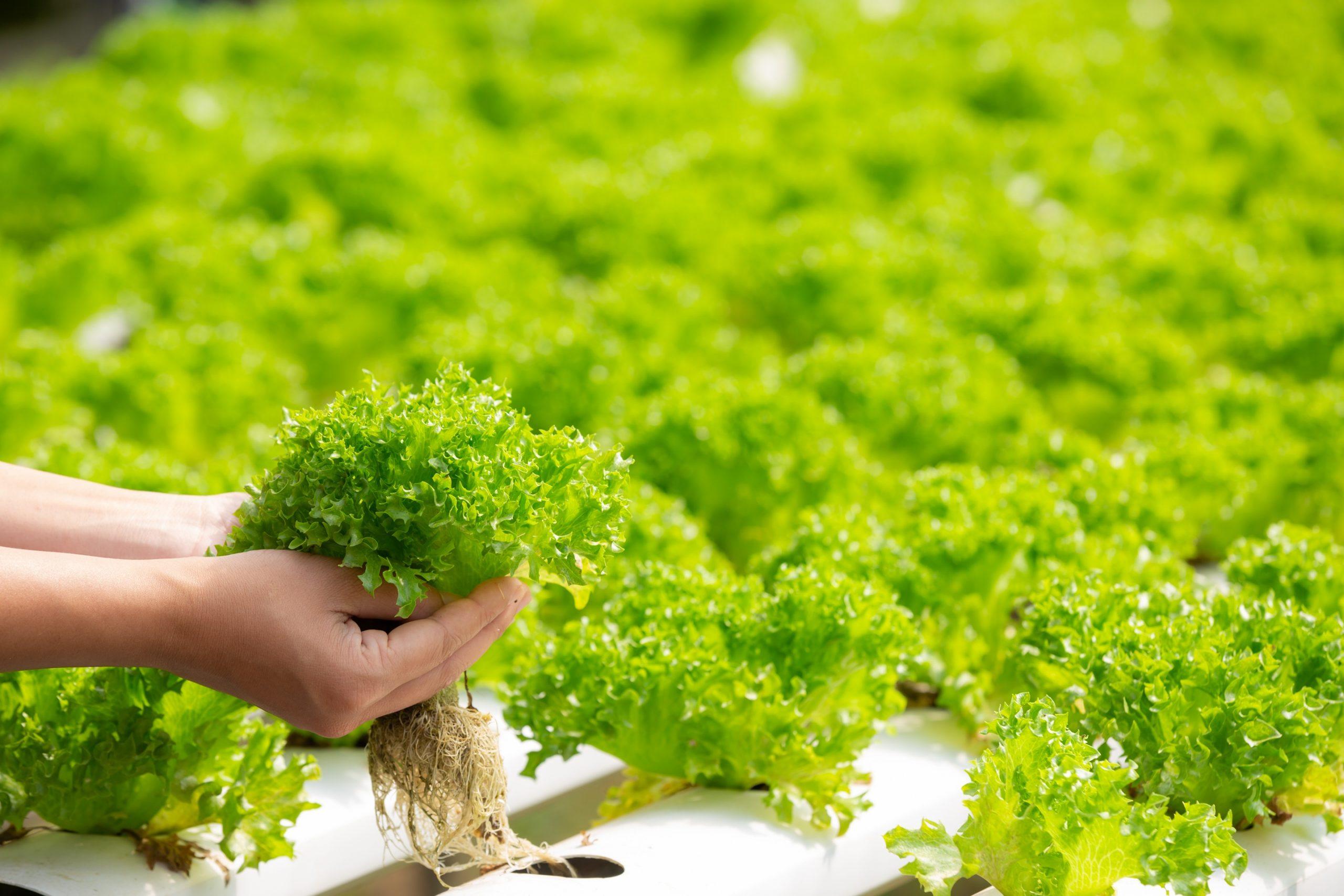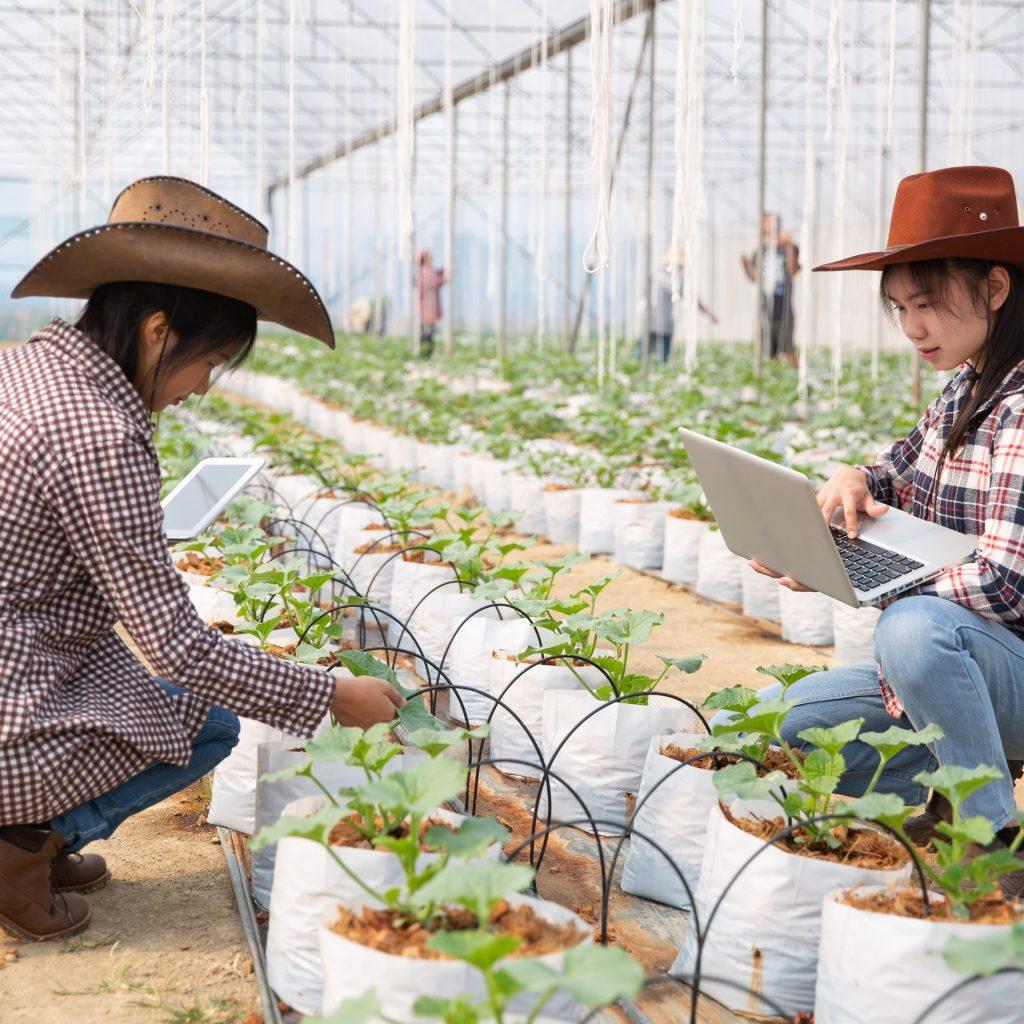
The food production industry has long been a staple in modern society, producing vast amounts of food, beverages, and much more to help the average consumer fulfil their basic needs. However, the industry is facing one of the biggest challenges yet: How to produce enough food for millions of consumers sustainably?
To help minimize the negative impacts on the environment as well as to gain consumers’ trust, food manufacturing companies have progressively incorporated sustainability initiatives into their processes. This article discusses four best practices that companies could invest in to create a more sustainable production process.
Source Materials from Ethical Suppliers
As more and more customers are concerned about the sourcing process, food production companies are pivoting towards ethical suppliers who care about their environment and the local economy. By working with these ethical suppliers, food production companies will contribute to sustainability efforts as well as the fight against unfair labour practices. To identify ethical suppliers, check for certifications such as FSC (Forest Stewardship Council), SMETA, or Fairtrade. In an effort to stay true to our commitment to local communities, OrienBites only partners with suppliers with SMETA certifications, which indicates that their products are made using forced labour.
Reduce Food Waste During the Manufacturing Process
Reducing food waste during the production process is a major issue for most food production companies, not just because of the environmental effects but also because of consequences on overall costs. To minimize food waste during production, food production companies could conduct regular food waste audits, which identify any sources of wasteful production. It would also be a good idea to adopt lean manufacturing practices, which would reduce wastage and improve production output.
Use Sustainable Packaging Alternatives
Traditional packaging materials such as plastic and Styrofoam are problematic to the environment, as they are non-biodegradable materials and require a huge amount of energy to produce. Fortunately, companies have much better choices now that there are plenty of eco-friendly alternatives such as compostable or reusable packaging, which causes much less harm to the environment. Using packaging certified by FSC, OrienBites is committed to protecting forests and woodlands across the globe. We are also on track to remove plastic packaging from all of our products and switch to more sustainable alternatives.
Provide Internal Training on Sustainability
As sustainability has become a premier quality demanded by top supermarket chains, employees will have to understand the importance of sustainability and maintaining strict standards to attain relevant certifications. An ignorant employee can break a sustainability rule, which may disqualify an organization from certain certifications. Food production companies can also inspire employees to take a more active role in keeping their sustainability commitments through internal training programs. These programs should do more than just educate team members; they should aim at inspiring them to take action for sustainable development and production.
Conclusion
The food manufacturing industry needs major changes to adapt to the new sustainability requirements coming from end customers as well as retail chains. With a clear understanding of sustainability issues as well as our responsibility to the environment we are living in, OrienBites constantly work with our partners to produce delicious Asian snacks responsibly and fairly.



